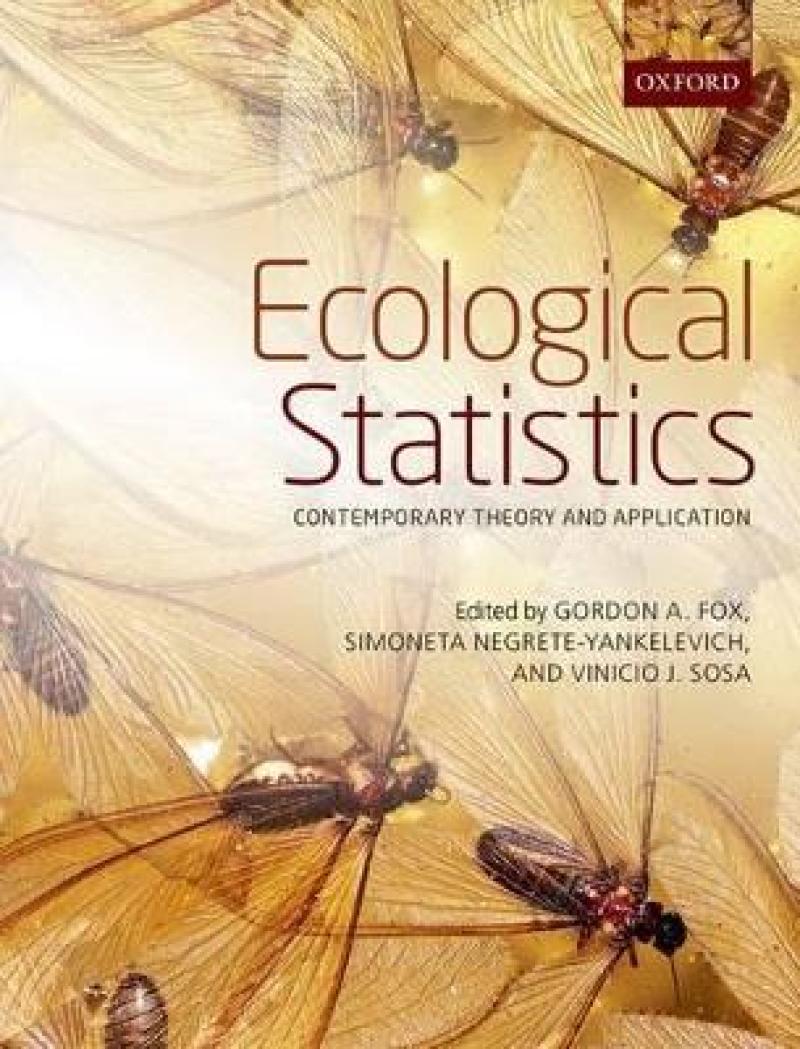We would be glad to adopt this as a textbook and recommend it as a resource for graduate students who need to strengthen their understanding of modern statistical approaches that can inform ecological problems.
Brian D. Inouye and Scott C. Burgess, The Quarterly Review of Biology
In this well-written and well-edited book, the authors successfully convey an understanding of statistics, rather than just a menu of statistical procedures. Ideas are explained preferentially by examples and illustration, and mathematical formalism is held at a minimum ... This book is a source of coherent statistical understanding.
Conservation Biology
This is a rich selection of the new canon of ecological statistics. Most examples are illustrated with the relevant R code, all of which is available online. As a result, this is not just an introduction to the theory underlying new approaches -- it is a hands-on introduction to their use! Importantly, the chapters -- though cross-referenced -- are self-contained. As such, many practising ecologists will be able to dip in to a chapter that covers a particular problem that they are facing. That is a real strength of this book and suggests that most ecological research groups will benefit from access to at least one copy.
British Ecological Society Bulletin
Ecological Statistics: Contemporary Theory and Applications is an amazing piece of work that deftly performs the unenviable task of presenting the "need to know" methods of a complex field. ... This book would be a valuable addition to any course asking students to expand their statistical comfort zone, but also easily lends itself to self-study for those wishing to join the conversation of ecological statistics.
Plant Science Bulletin
Ecological Statistics opens with a commendable introduction that makes some great points and provides an insightful big-picture perspective.
Megan D. Higgs, BioScience
